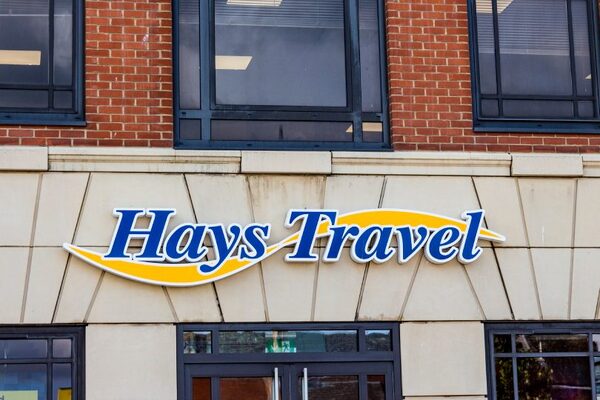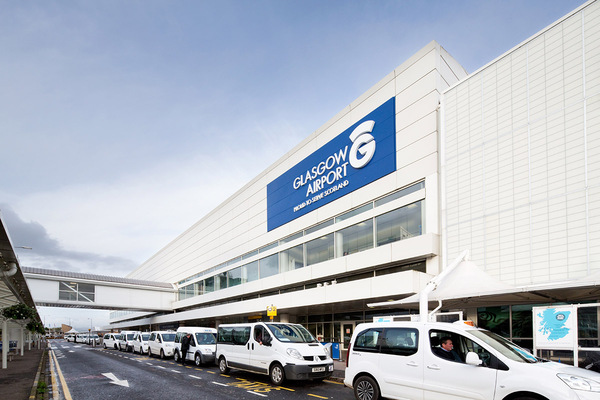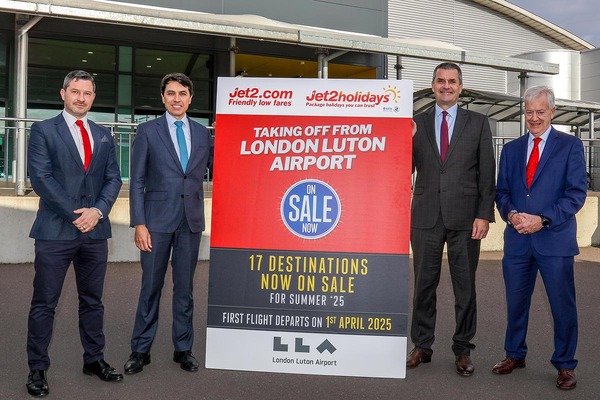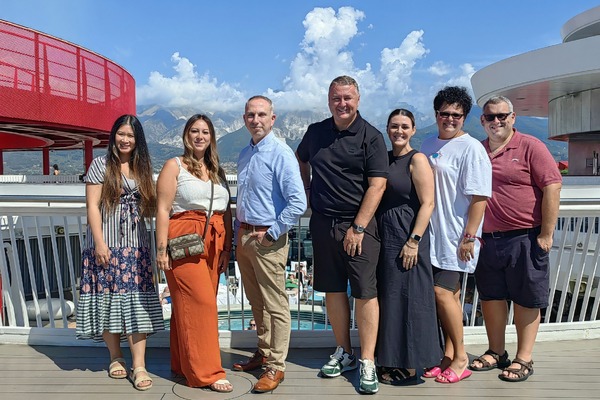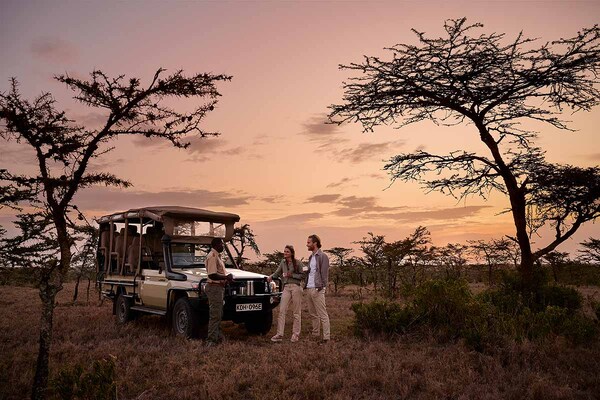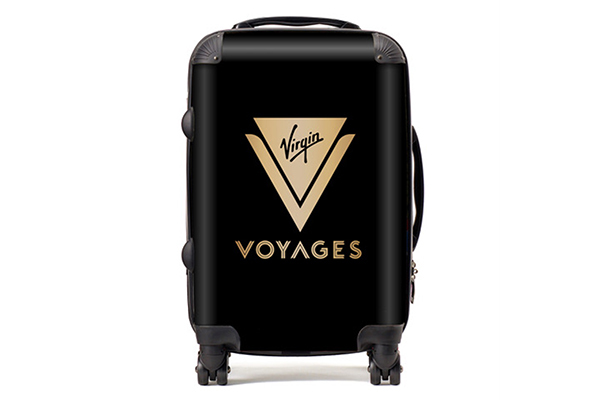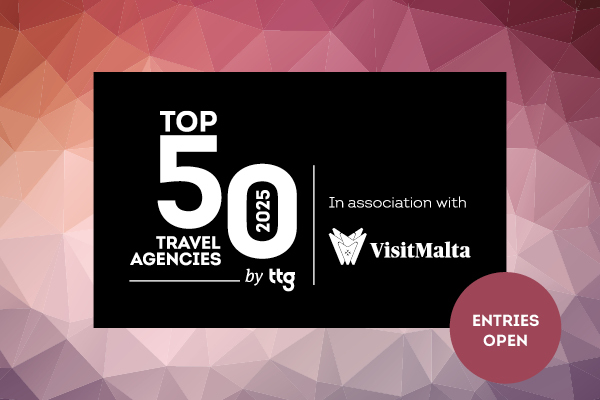Travel must project 'more positive' image of its prospects
 TTG Staff
TTG StaffTravel needs to project a more “positive” image of its prospects to solve the growing recruitment crisis faced by agents and operators as the sector finally sees the first real signs of recovery from the Covid crisis.
While bookings have taken off in the past few weeks after the UK government eased restrictions on international travel, the ability to retain and recruit staff has become one of the sector’s most pressing issues.
As bookings increase, many agents are also reporting wait times of up to four or five hours to get through to some operators, who have yet to step up staffing levels to cope with the surge in demand.
These worries about recruitment are reflected in the findings of a new industry survey by business consultancy PwC for TTG’s Agenda 2021 seminar, which found retaining and recruiting staff was now the biggest short-term worry for operators.
Concerns are also growing about the level of “lost expertise” as staff have exited the industry during the pandemic, with other sectors being seen as “more attractive” and stable than travel.
Richard Dixon, director at Holidaysplease, told TTG the agency was looking to recruit more homeworkers and sales staff, but it was “not straightforward”. “It’s definitely a challenge,” he said. “People look at travel thinking it’s been badly hit, so they may be unsure about coming into the industry. There’s some education and PR to do.
“We need to get across the message that it’s a robust industry and will be strong going forward. If we keep telling people the industry’s in a mess, who’s going to come and work in travel?”
Barbara Kolosinska, director at C&M Travel Recruitment, said many operators had “not geared up sufficiently” ahead of business picking up. “A lot downsized significantly – from reservations to marketing to product,” she added. “Because of furlough and redundancy, people got other jobs.”
Kolosinska admitted there were now “even fewer candidates than thought”, with people getting new jobs or leaving the industry. “There’s now a skills shortage across the board,” she said. “It’s much worse than the situation after 9/11, which lasted about a month, or the 2008 crash. We have to look at how we attract people back.”
Jayne Peirce, of Jayne Peirce Travel Recruitment, added people were “slipping away” to other industries. “Some are not that keen to come back because of the stress. There’s a fear factor; it’s been a turbulent few years,” she said. “They are also getting paid handsomely [elsewhere]; travel isn’t that well-paid so they’re getting that blend of quality of life and being paid fairly.”
’People will come back’
Joanne Dooey, president of the Scottish Passenger Agents’ Association (SPAA) and owner of Love to Travel, agreed the stress of working through the pandemic had encouraged some agents to leave travel. Dooey said she was currently looking for new staff for her agencies, but said the number of applications was “nowhere near” usual levels.
“I’m going to look outside the industry and recruit people with the right skills – customer service and sales skills – and train them up,” she added. “There’s definitely a lack of expertise with people leaving the industry. I think they will eventually come back – travel is a lot more fun than selling insurance. There could be a big influx early next year.”

Dooey also highlighted long wait times when calling some operators, although she admitted the situation had started to improve. “It’s shame on those operators who answer direct customers before answering calls from agents,” she said. “They’ve lost staff and we’re empathetic for them. But it’s not the service levels they usually give. It’s frustrating hanging on for four or five hours, then when you try the direct line, it gets picked up in 10 rings. That’s not right.”
Jacqueline Dobson, president of Barrhead Travel, said there were currently “longer wait times than usual”, but added: “We have every confidence our partners are working to resolve any teething issues in time for peaks in January.”
Dobson stressed recruitment was a “problem the entire industry needs to collectively look at”, as travel had “lost its appeal for new recruits” during the pandemic. “There needs to be a joined-up approach across the industry to look at how we communicate the benefits of working in travel,” she said.
‘There’s so much speculation but we’re focusing on now’
October was our biggest sales month since January 2020. It’s been crazy, the phones are ringing, we’re getting lots of enquiries, and we’re converting as well. Conversion is really high, about 50%-60% on average, so we’re getting things across the line – and quite quickly.
These last eight to 10 weeks have been super-positive. We’ve seen a massive increase in enquiries and bookings. Not massive amounts for 2022, the majority are coming into lates – people are still really keen to travel in December so we’re seeing demand for the festive period and early winter in general. I think people are just desperate to get away.
We’re doing a lot of Indian Ocean and Caribbean – the latter has been really popular over the past week. In Europe, it’s the Canaries, but ski is starting to pick up and we’re seeing more enquiries. I think people are sticking to safer destinations. More tailor-made enquiries are coming in too, which is good, rather than just the beach getaways.
Clients are asking about testing. We’re offering in-store testing for them, so we answer the questions as they come. People are less worried about traffic lights, as the system has gone, which has put people’s minds at ease. They feel a bit more confident. There’s still so much speculation around what could happen, though, but we’re just focusing on what we’re doing.
As for operators, it’s 50:50. We’re quite lucky that we have tour operators we deal with on a personal level, but on the flip side I was recently on hold with an operator for three-and-a-half hours. It’s frustrating, but we understand tour operators are struggling with staff numbers.
Agents’ frustration with suppliers is no great secret, but the situation has become increasingly acute since the government announced a further reopening of international travel, and now the situation is starting to bite. In normal times, demand exceeding supply would be a great problem for travel to have, but when every single sale or conversion matters – as it does right now – suppliers need to find a way to scale up again, quickly.
Sign up for weekday travel news and analysis straight to your inbox

TTG Staff
Supplier Directory
Find contacts for 260+ travel suppliers. Type name, company or destination.




